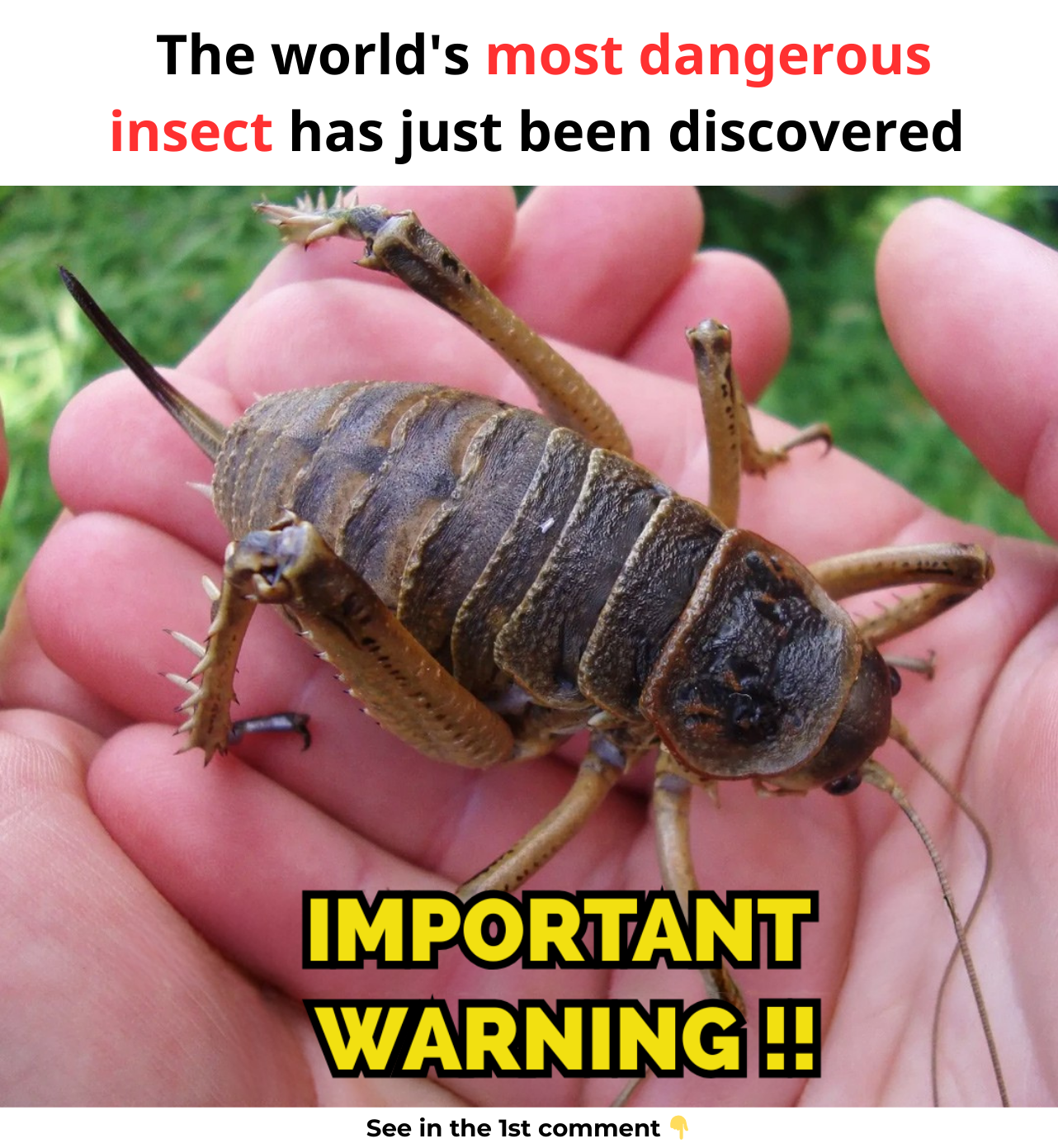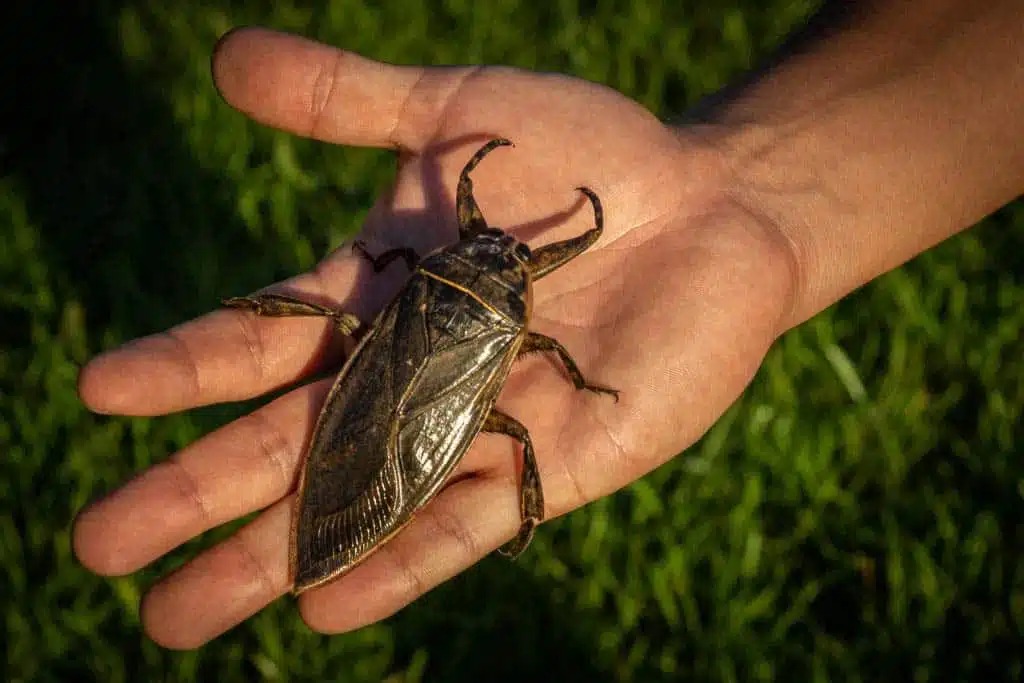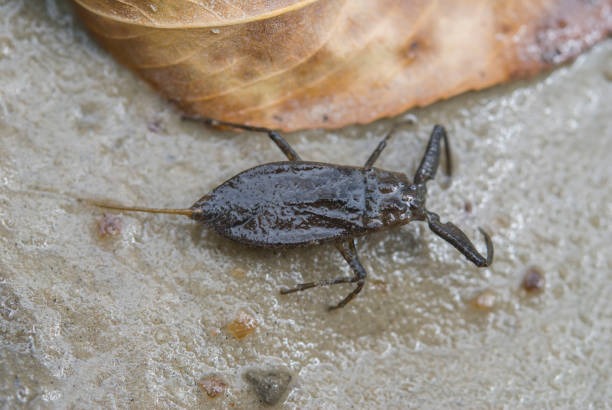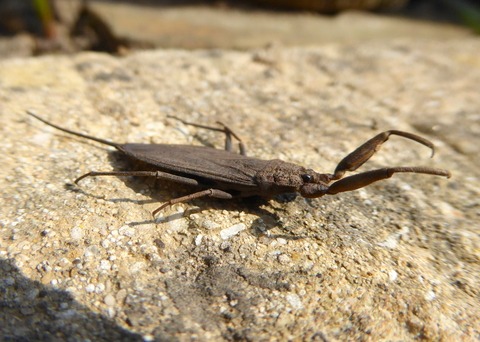
You’re enjoying the warm sand and calm waves when suddenly, you come across strange-looking bugs in the water. What are they? Where did they come from? Let’s dive into this odd invasion and learn how to stay safe around these unusual sea creatures.
A Surprising and Scary Insect

These strange bugs are called giant water bugs, also known as “water scorpions.” They’re huge—some can grow up to 12 centimeters long—and are among the biggest water insects in the world. They usually live in still waters like swamps and lakes, where they hunt small animals like crabs, fish, and even baby turtles.
Their bite has been compared to a wasp sting—very painful. They use a sharp beak to inject toxic saliva into their prey, which turns the inside into liquid so they can eat it. While the sting isn’t deadly to humans, it can cause intense pain that lasts a long time. That’s why swimmers and beachgoers are getting nervous.
Why Are They Showing Up in the Mediterranean?

Not long ago, these bugs weren’t seen around Cyprus. But since 2020, more and more sightings have been reported. So what’s causing this sudden invasion?
Here are a few ideas scientists are looking into:
- Ocean currents and winds – They might have drifted in from nearby countries like Israel or Syria, where they already live.
- Food shortage – Maybe their home waters don’t have enough food anymore, so they’re moving to new areas with more to eat.
- Climate change – Warmer temperatures and changes in water conditions might be helping them survive in new places.
Experts aren’t sure yet, but they agree that their growing presence is something to watch closely.
How Can You Stay Safe?

Planning a beach vacation to Cyprus or other Mediterranean spots? Here’s how to avoid getting stung:
- Stay away from still or shallow waters, especially where water doesn’t move much.
- Look carefully along the shore—they might be floating or hiding in seaweed.
- Don’t touch them, even if they look dead. They can still sting.
- Wear water shoes when walking near or in the water. They help protect your feet.
Is This a Long-Term Problem?
Scientists are still studying the situation. It’s not clear whether this is just a temporary increase or if the bugs are here to stay. Either way, their arrival is a reminder of how fragile our ecosystems can be—and how changing climates and environments can bring surprises.
For now, if you’re heading to Cyprus or nearby beaches, stay alert—and enjoy your trip safely!



